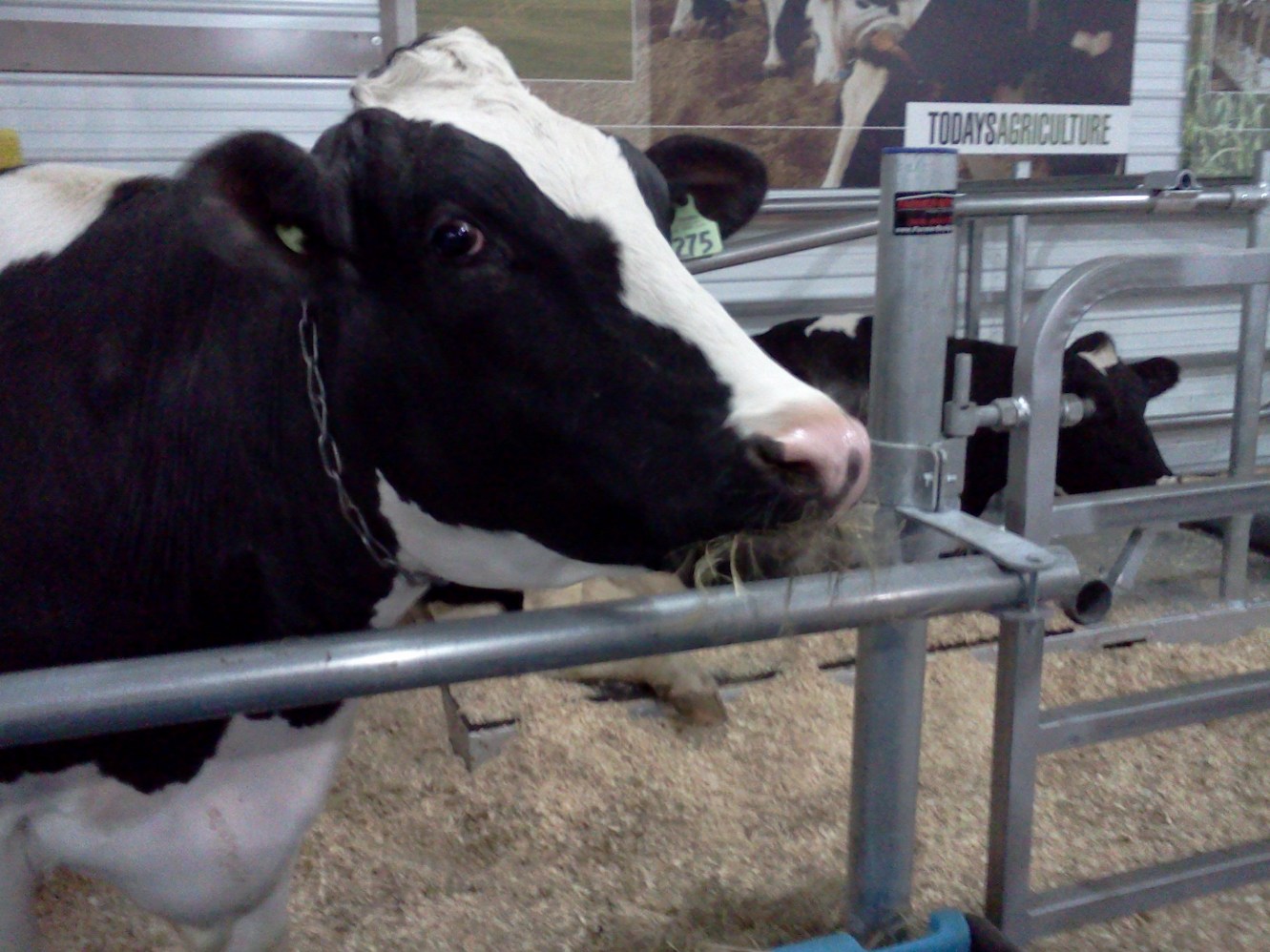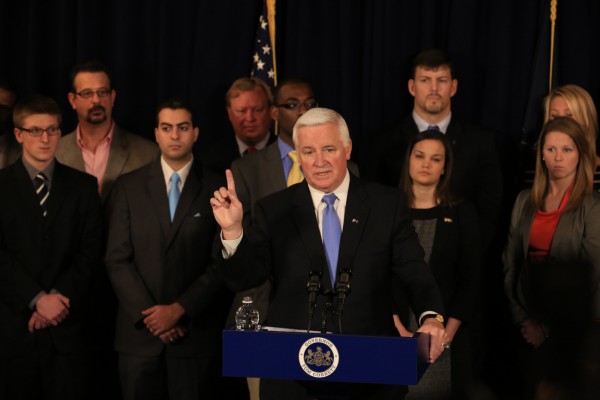Slots Revenue Increases in Pennsylvania for a Sixth Straight Year
Slot machine revenue rose in Pennsylvania last year for a sixth consecutive year. There was a 2.7% increase in gross revenue from slot machine gaming in 2012. The numbers were boosted in part by the opening of the Valley Forge Resort Casino. Six of the existing casinos posted increases for the year, while four saw declines in slots play.
SugarHouse Casino in Philadelphia posted the biggest gain, increasing slots play by more than 11% over the previous year. Presque Isle Downs and Casino saw the biggest decline at more than 9%.
Doug Harbach, a spokesman for the Pennsylvania Gaming Control Board says fluctuations are expected, especially as gaming expands in neighboring states. Gaming is expanding in Ohio and Maryland. But Pennsylvania’s newest resort casino is expected to open later this year in Fayette County.
Tax revenue generated by the play of slots topped 1.3 billion dollars last year. Pennsylvania’s first casino opened in November of 2006.
The Board also posted monthly slot machine revenue for December. There was a decrease of 2% for the month compared to December of 2011.
The casino industry in Pennsylvania employs more than 16 thousand people, while providing funds for property tax relief, the horse racing industry, economic development and community-based projects.
Numbers for table games won’t be out until later this month.





